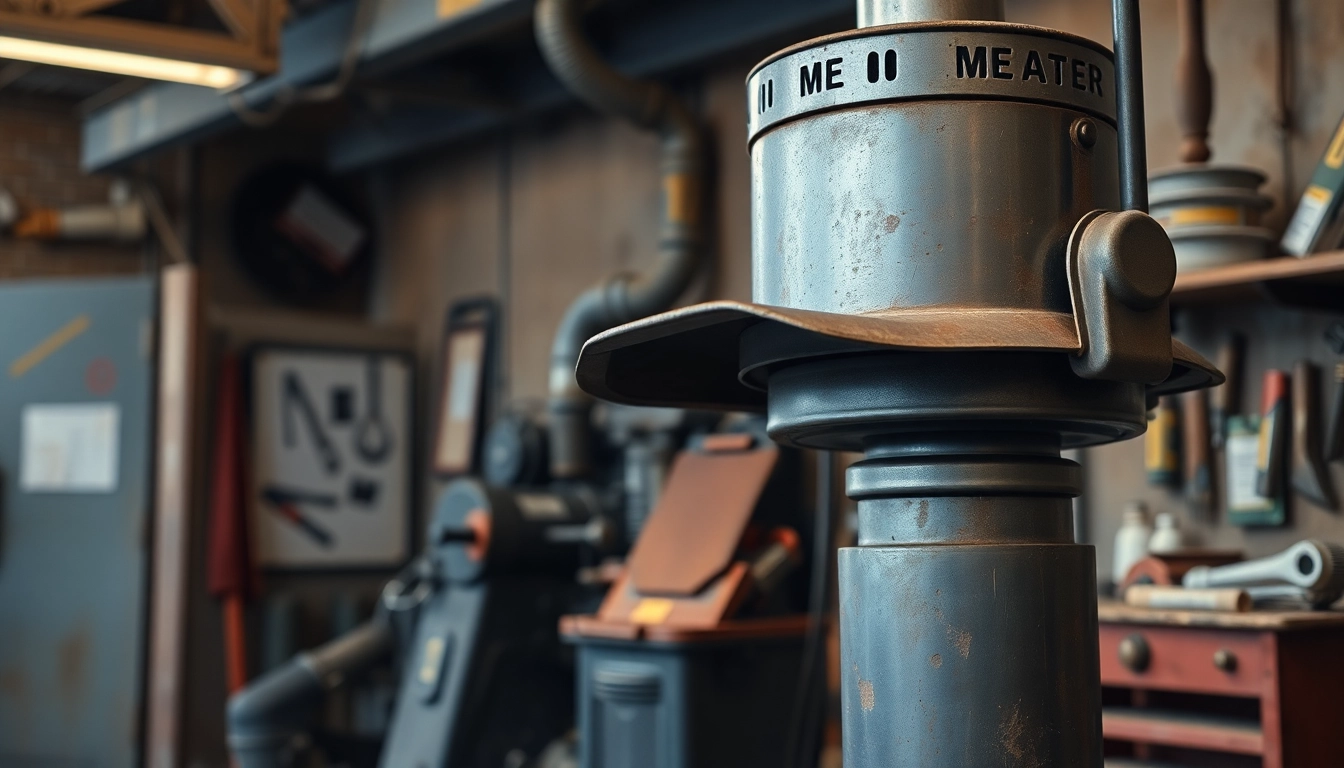Introduction to Diesel Fuel Heaters
As the demand for efficient heating solutions continues to rise, diesel fuel heaters are becoming increasingly popular among vehicle owners and industrial operators alike. These heaters offer a reliable and effective way of ensuring that diesel fuel remains in optimal condition, especially during colder temperatures. For those considering a diesel fuel heater, understanding how they function and their benefits can greatly enhance your investment decision.
What is a diesel fuel heater?
A diesel fuel heater is a device designed to warm diesel fuel before it enters the engine. This is particularly important in colder climates, where diesel fuel can gel or thicken, leading to performance issues and challenging start-ups. These heaters come in several forms, including tank heaters, in-line heaters, and fuel filter heaters, each serving a specific purpose to maintain fluidity and efficiency of the diesel fuel.
How does a diesel fuel heater work?
Diesel fuel heaters typically work by using electric heat to raise the temperature of the fuel as it flows through the heater unit. This process usually involves a heating element that warms the surrounding fuel, preventing it from gelling during cold weather. In some designs, particularly in-line heaters, the device is installed between the fuel tank and the engine, ensuring that the fuel is adequately preheated before combustion. The effectiveness of these heaters can significantly improve cold-start performance and overall engine efficiency.
Benefits of using a diesel fuel heater
Utilizing a diesel fuel heater can yield numerous benefits, particularly in regions that experience extreme cold. Some of the key advantages include:
- Improved cold-start performance: Ensures that your engine starts smoothly even in frigid temperatures.
- Reduced fuel gelling: Prevents diesel fuel from solidifying, which can create blockages in fuel lines and filters.
- Enhanced engine efficiency: Warm fuel promotes better combustion, leading to improved fuel economy and lower emissions.
- Extended equipment lifespan: Maintaining fuel condition can result in less wear and tear on engine components and a longer service life.
Choosing the Right Diesel Fuel Heater
Types of diesel fuel heaters available
There are several types of diesel fuel heaters available on the market, each suited for different applications and needs:
- Tank heaters: These heaters are installed inside the fuel tank and provide heat directly to the fuel, maintaining the temperature even during severe cold.
- In-line heaters: Typically installed in the fuel line, these heaters warm the fuel as it travels towards the engine, promoting better performance during start-up.
- Fuel filter heaters: Integrated into the fuel filter unit, these heaters prevent the fuel filter from becoming clogged due to gelled fuel.
Key features to look for
When selecting a diesel fuel heater, consider the following features to ensure optimal performance:
- Heating capacity: Ensure the heater has adequate wattage to handle the fuel volume and temperature requirements for your specific application.
- Material design: Look for durable materials that can withstand the harsh conditions often associated with diesel applications.
- Control options: Some heaters come with built-in thermostats or remote control capabilities, which can provide more flexibility in managing temperature.
- Ease of installation: Evaluate whether the heater can be easily installed or requires professional help.
Comparing diesel fuel heater brands
With various brands available, evaluating your options based on features, customer reviews, and warranty support is essential. Popular brands such as FASS, Phillips & Temro, and Racor offer robust selections suitable for both commercial and recreational vehicles. Each brand has its unique selling points, whether it’s advanced technology, ease of use, or exceptional customer service.
Installation and Maintenance
Steps to install a diesel fuel heater
Installing a diesel fuel heater typically involves several key steps:
- Choose the appropriate location: Identify a suitable location for your heater that is close to the fuel source and allows for efficient heat transfer.
- Prepare the system: Drain the fuel tank if necessary, and ensure that you have all the required tools and components.
- Install the heater: Follow the manufacturer’s instructions closely, securing the unit in place and ensuring all connections are tight.
- Connect the electrical supply: If applicable, connect the heater to a power source, ensuring all safety protocols are followed to prevent electrical issues.
- Test the system: Before operating under normal conditions, run tests to confirm that all components function correctly.
Regular maintenance practices
Regular maintenance is essential to ensure long-term reliability and performance of your diesel fuel heater. Key maintenance tasks include:
- Inspection: Regularly check for signs of wear, loose connections, or damage to components.
- Cleaning: Keep the heater free from dirt and debris to ensure efficient operation.
- Testing: Perform periodic functionality tests to confirm that the heater operates as expected.
Safety tips for operating your heater
Ensuring safety during the operation of diesel fuel heaters is crucial. Here are some essential safety tips:
- Always follow the manufacturer’s guidelines for operation and maintenance.
- Ensure adequate ventilation in enclosed areas to prevent gas buildup.
- Regularly monitor fuel levels to prevent the heater from running dry.
- Avoid modifying or bypassing safety features installed by the manufacturer.
Common Issues and Troubleshooting
Diagnosing common problems
Even the best diesel fuel heaters can encounter issues over time. Here are some common problems you may face:
- Heater not turning on: This could be due to electrical issues, thermostat malfunctions, or a blown fuse.
- Inconsistent heating: This may be attributed to a failing heating element or insufficient power supply.
- Fuel gel formation: Insufficient heating or incorrect thermostat settings can lead to this issue.
Solutions for fuel gelling
If you experience fuel gelling, consider the following solutions:
- Adjust the heater settings to ensure optimal temperature is maintained.
- Use diesel additives designed to lower the gel point of diesel fuel.
- Inspect and clean fuel filters to ensure that there are no blockages preventing proper fuel flow.
When to consult a professional
While many issues can be resolved independently, certain situations warrant professional assistance:
- Complex electrical problems or wiring issues.
- Inability to identify the source of recurring problems.
- Concerns about safety or compliance with local regulations.
Advanced Applications of Diesel Fuel Heaters
Using diesel fuel heaters in vehicles
Diesel fuel heaters play a critical role in ensuring the reliability of commercial vehicles, especially those operating in cold weather regions. From large trucks to passenger vans, these heaters help maintain efficient fuel flow and engine performance, thereby reducing breakdowns and enhancing driver safety.
Applications in industrial settings
In industrial contexts, diesel fuel heaters are essential for maintaining the functionality of heavy machinery and equipment. Construction firms, agricultural operations, and manufacturers rely on these heaters to prevent equipment failure during winter months, thus minimizing downtime and maintaining productivity.
Innovative uses for residential heating
Recently, the use of diesel heaters for residential heating applications has gained popularity. Homeowners looking for cost-effective heating solutions are finding success using diesel fuel heaters in conjunction with traditional heating systems, offering a reliable and efficient means of maintaining comfortable living environments during cold spells.



